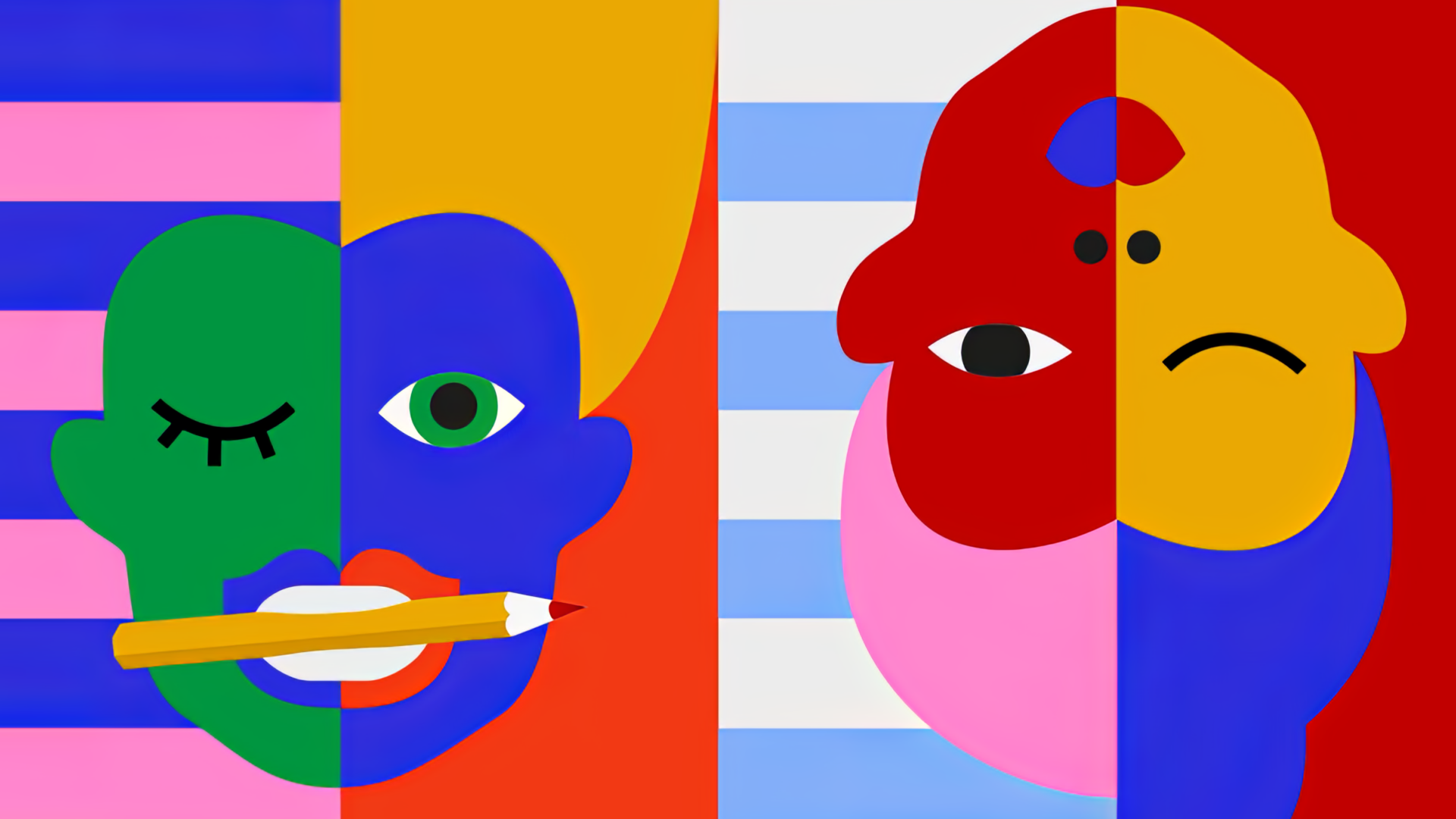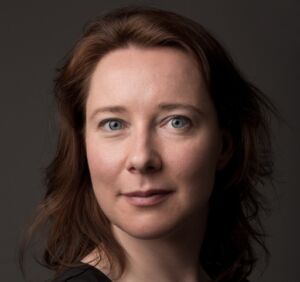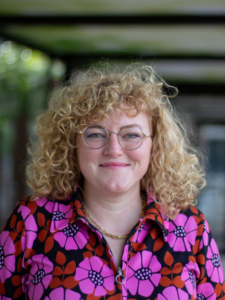Master’s programme Intersectional Gender Studies to focus on diversity and discrimination
-
 Illustration: Eveline Schram
Illustration: Eveline Schram
The allowances scandal, ethnic profiling at DUO, transgressive behaviour within the NPO. Organisations often do not know how to tackle internal problems. Not only that, but issues such as gender equality tend to lead to a lot of back and forth. The new English-language master’s programme Intersectional Gender Studies will focus on these issues. ‘Right now, knowledge on discrimination, inequality, and hierarchy is sorely needed.’
Marieke van den Brink, professor of Gender & Diversity, referred to the new programme as ‘a long-held wish from all scientists at Radboud University occupied with diversity issues.’ The new Intersectional Gender Studies programme is set to commence in September 2026 (see insert 1, eds.).
Positive advice
Last April, the new programme was given a positive and unconditional advice by the Dutch-Flemish Accreditation Organisation (NVAO). The NVAO’s final decision is expected in Juli. The accreditation process of the new programme included a study into job market prospects. ‘Our alumni can be put to work in many different positions, ranging from policy and HR to local or national governments, the arts, or journalism’, as stated by Marieke van den Brink. ‘You can check LinkedIn for job openings for diversity- and inclusion specialists.’
According to Van den Brink, the new interdisciplinary master, which focuses not just on gender studies but diversity as well, fulfils a need. ‘Many organisations, governments and educational institutions are struggling with issues of gender, diversity, inclusivity, and inequality.’
Van Rijn Report
The professor mentions several examples: fraud checks for student financier DUO’s basic grant, which were subject to indirect discrimination; or the Van Rijn report, which exposed transgressive behaviour at the NPO. ‘While there is a lot of expertise, organisations often do not know how to handle these situations. Through this programme, we want to train students to be change agents, we can handle them.’
The programme’s only prerequisite is that students need to have acquired 20 EC’s worth of courses in their bachelor’s in the Gender & Diversity domain. Radboud University has several minors in this specialty at the Faculties of Social Sciences, Arts and Philosophy, Theology, and Religious Studies.
Intervention
The new master’s mixes theory and practice. ‘Courses such as Intersectionality, from theory to practice or Critical Epistemologies and Research Methods, specially designed for the master, will teach students important theories and concepts’, according to Gender & Diversity Studies lecturer Katrine Smiet, who helped shape the programme. ‘They will then learn to apply those theories to analyse concrete and complex societal issues.’ The programme concludes with a master’s thesis.

However, the programme also has a practical section. According to Van den Brink, students will have to be capable of performing intersectional analyses (see insert below, eds) at government institutions, the police, or organisations such as DUO.
‘The course Academic Advisory Training will have students work with a societal partner to analyse a current intervention meant to tackle inequality issues, after which they will make recommendations.’
The programme aims to prepare students for the society where they will wind up. ‘Society is complex, and sometimes resistant to themes of gender inequality, diversity, and intersectionality’, as stated by Van den Brink. ‘That is why we simulate change tracks through serious games: students are assigned various roles, after which they need to identify resistances to come up with a strategy for making changes. That way, students can experiment with different positions and interests.’
‘Students must develop strategies to cope with resistance’
The professor then gives an example of resistance. ‘HEMA is one of the frontrunners when it comes to inclusive advertising. They’ve had a transgender model, they were one of the first to remove Zwarte Piet from their wrapping paper, and they don’t mention Christmas, but rather the holidays. That led to a lot of comments on social media, including by GeenStijl. The intention is for students to understand this type of resistance, analyse it, and develop coping strategies.’
Hungary
The programme will be aiming for 25 students in the first year, and 40 students in the next. The spoken language will be English; a striking choice at a time when the Hague is pushing for more influence on the number of internationals. ‘The international classroom and diversity in the lecture hall are of prime importance to this programme’, Smiet states. ‘If we are to think on these issues together, then it is important that people bring their various backgrounds to class, so we can learn from- and with each other.’

That international classroom has another important motivation, according to Smiet: Various European countries, including Hungary, have cancelled programmes like gender studies. ‘Students who can’t attend this kind of programme in their home country are welcome here.’
Will the Netherlands, where Geert Wilders’ PVV won the last elections in a landslide, be heading in the same direction? ‘These days, knowledge on discrimination, inequality, and hierarchy is needed more, not less’, according to Smiet.
Van den Brink has noticed two important developments. ‘On the one hand, there is more political resistance to diversity policies, inclusivity, and migration. But on the other hand, messaging surrounding the allowances scandal, ethnic profiling at DUO, and social safety issues at the NPO all show that there is still a lot of inequality in society. There will always be a need for solutions.’
What is intersectionality?
According to assistant professor Katrine Smiet, intersectionality is a lens through which one observes issues of inequality and differences. ‘Those differences are multifaceted and complex, and need to be studied as such’, she states. ‘There are various oppressive systems in our society, including racism, sexism, ablism, and economic inequality, which all operate simultaneously. By using an interceptional lens, we can see that the various inequality axes are not distinct but intersect and shape each other. If we are to successfully tackle inequality, we cannot take a ‘single issue’ approach.’
Translated by Jasper Pesch



